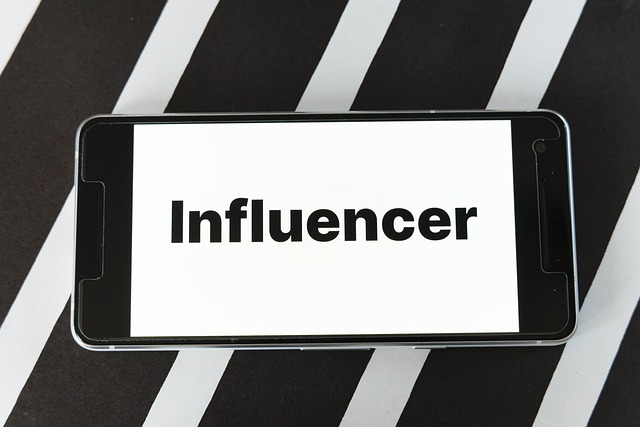Mastering Influencer Marketing Campaigns: Strategies for Success
In the digital age, mastering Influencer Marketing Campaigns has become essential for brands looking to maximize their reach and impact. This article discusses effective strategies, the importance of authenticity, and how to measure success. We offer insights into building relationships with influencers, leveraging data analytics, and navigating the complexities of the influencer landscape for optimal campaign performance.
Defining Successful Influencer Marketing Campaigns
Mastering Influencer Marketing Campaigns requires a clear understanding of what constitutes success in the realm of digital influence. Successful campaigns not only boost sales but also enhance brand visibility and customer loyalty. To define these campaigns effectively, it is crucial to set measurable objectives and KPIs before commencing. This strategic groundwork allows brands to assess the performance and refine their approach. Successful Influencer Marketing Campaigns also prioritize aligning the brand’s values with those of the influencer, fostering authentic collaborations that resonate well with their shared audiences. Therefore, establishing these parameters early on enables brands to execute campaigns that deliver real results.
Building Authentic Relationships in Influencer Marketing Campaigns
Authenticity is the cornerstone of successful Influencer Marketing Campaigns. Brands must ensure that influencers genuinely connect with the products they promote, as consumers are adept at identifying disingenuous endorsements. Building authentic relationships involves nurturing trust and open communication with influencers. This process can begin by engaging influencers ahead of campaign launches, allowing them to share authentic experiences with the brand's products. Additionally, empowering influencers with creative freedom helps to maintain their voice, which can lead to more organic content that resonates with followers. Consequently, this authenticity strengthens the brand-influencer bond, resulting in higher engagement and effectiveness.
Utilizing Data Analytics for Campaign Optimization
Data analytics serve as a vital tool for optimizing Influencer Marketing Campaigns. By leveraging insights from past campaigns, brands can identify which strategies yield the best results. Moreover, real-time data analysis allows brands to monitor influencer performance, engagement levels, and audience demographics, enabling them to make informed adjustments. Utilizing A/B testing strategies also presents opportunities to refine messaging, content formats, and platforms for greater impact. As technology continues to evolve, brands must take advantage of advanced analytics tools to enhance their campaign strategies, targeting the right audiences more effectively and efficiently.
Navigating the Complex Influencer Landscape
The influencer landscape is intricate and ever-changing, requiring brands to stay informed about trends and best practices. Understanding the motivations and behaviors of influencers can help brands create compelling opportunities for collaboration. Furthermore, considering platform-specific nuances is crucial, as each social media site has its own culture and audience preferences. Developing an adaptive strategy that acknowledges these differences will enable brands to connect more authentically with diverse audiences. As such, being agile and responsive to changes in the influencer ecosystem is paramount for the success of Influencer Marketing Campaigns.
Measuring the Success of Influencer Marketing Campaigns
Success measurement in Influencer Marketing Campaigns involves more than just vanity metrics like follower counts and likes. Brands must analyze comprehensive metrics such as conversion rates, ROI, and customer feedback to assess true effectiveness. Moreover, leveraging tools that track user-generated content and brand mentions provides insights into audience sentiment and engagement. Collaborating with influencers to collect post-campaign feedback can also reveal valuable insights, informing future strategies. Thus, a multidimensional approach to measurement enables brands to refine their techniques and ensure ongoing success.
Conclusion: The Path Forward for Influencer Marketing Campaigns
In conclusion, mastering Influencer Marketing Campaigns requires a blend of authenticity, data-driven decision-making, and strategic adaptability. Brands that successfully navigate the challenges of influencer partnerships can tap into a potent marketing tool that fosters deeper consumer connections. As the digital landscape continues to shift, embracing innovative strategies and staying attuned to audience expectations will be key drivers of success. Ultimately, the journey of Influencer Marketing Campaigns is an evolving narrative that demands creative thinking and an unwavering commitment to authenticity.
